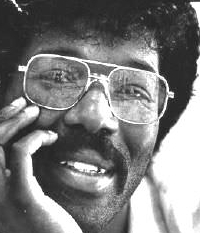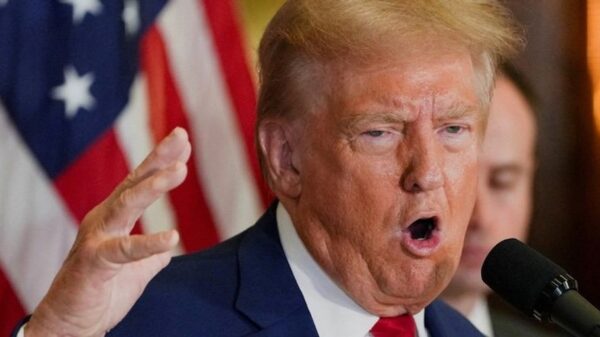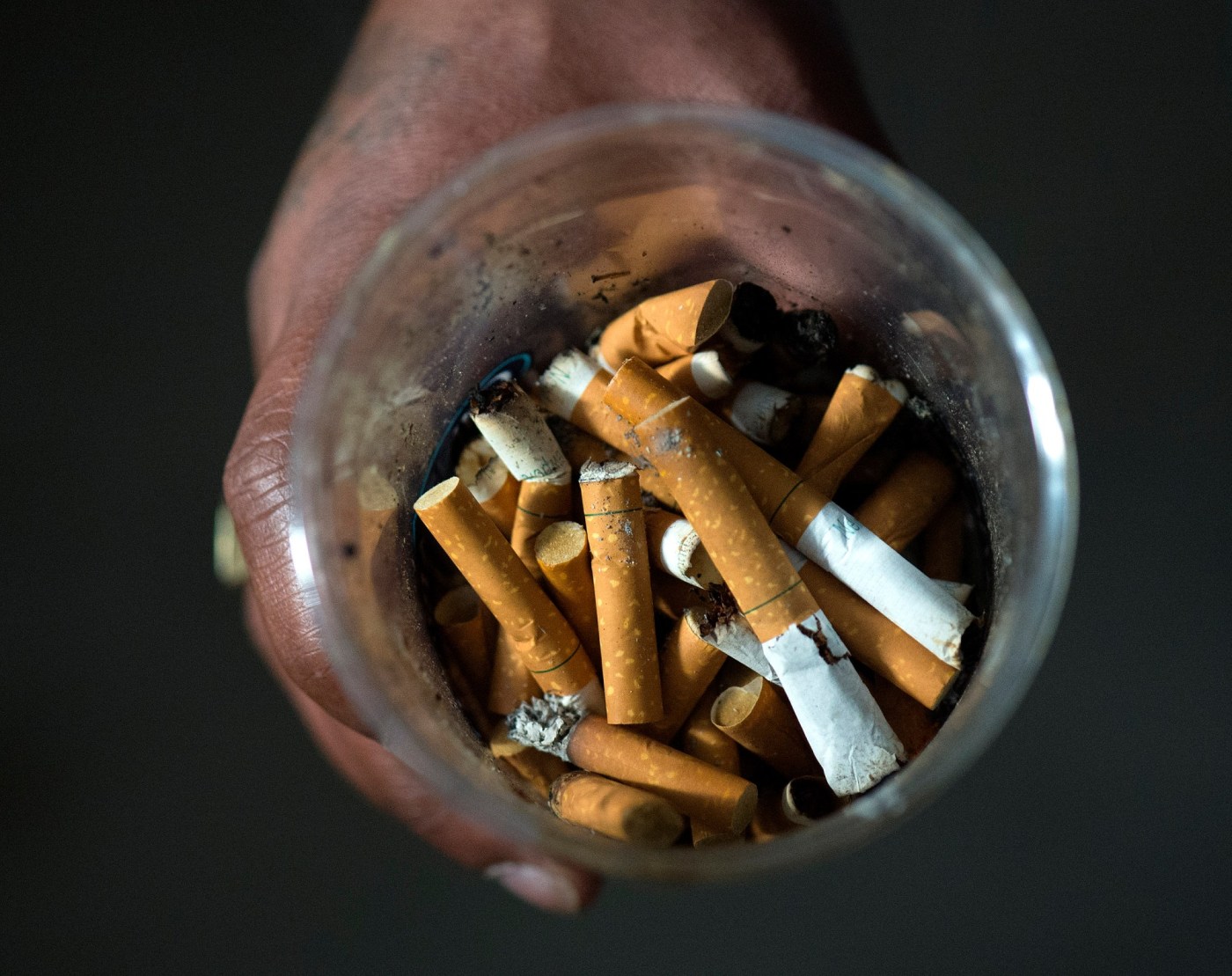A coalition of health advocates is urging Virginia lawmakers to prioritize funding for crucial tobacco cessation programs as Congress considers potential changes to the U.S. Department of Health and Human Services. The proposed reorganization, associated with the Trump administration, could impact funding for various health initiatives, including those aimed at reducing tobacco use among youth.
Dr. Ward Blalock, a retired pediatrician and community health advocate from Newport News, emphasized the urgent need for continued support of the U.S. Centers for Disease Control and Prevention’s Office on Smoking and Health (OSH). This office has been instrumental in providing funding to state programs designed to prevent tobacco addiction and assist users in quitting, particularly impacting Virginia where the state’s Tobacco Control Program (TCP) relies entirely on a $1.8 million federal grant.
The financial implications of tobacco use are staggering. According to the CDC, American taxpayers shoulder more than $241 billion annually in direct health care costs linked to tobacco. In Virginia alone, the cost reaches $3.61 billion, including $522.1 million in Medicaid expenses and an additional $9.4 billion lost in productivity. These figures highlight the importance of investing in preventive measures to mitigate future health crises and costs.
Dr. Blalock noted that Virginia’s TCP has been a lifeline for many individuals seeking to quit. He stated that 70% of tobacco users in the state wish to stop, and programs like the state’s Quitline have proven effective in reaching a broad audience. For every $1 invested in Quitline services, there is an estimated $3.16 saved in medical costs, productivity loss, and other related expenses.
Since its launch in 2005, Quit Now Virginia has provided free and confidential support to residents, with 45% of callers either on Medicaid or uninsured. Moreover, 53% of users have at least one chronic health condition, while 55% face behavioral health challenges. The discontinuation of funding for such vital resources could leave many Virginians without essential support in their battle against nicotine addiction.
The increasing prevalence of e-cigarettes and other tobacco products poses a significant threat to public health, particularly among young people. Dr. Blalock voiced concern over the industry’s tactics to attract youth with appealing marketing strategies. While some suggest that youth vaping issues have diminished, he argued that the reality is far more concerning. The devices are more discreet and potent than ever, making detection difficult for parents and educators.
The data surrounding youth tobacco use remains alarming. As health professionals witness firsthand the struggles of individuals trying to break free from addiction, Dr. Blalock called for immediate action to protect and fund the OSH. He emphasized that dismantling or defunding this office would be detrimental to public health and community well-being across Virginia and the United States.
As Congress navigates these complex health priorities, the decisions made in the coming months will significantly impact the lives of countless individuals seeking to quit tobacco and lead healthier lives. Community advocates like Dr. Blalock are calling on Virginia’s federal lawmakers to recognize the importance of these initiatives and to ensure continued funding for programs that save lives and reduce the economic burden of tobacco use.







































































